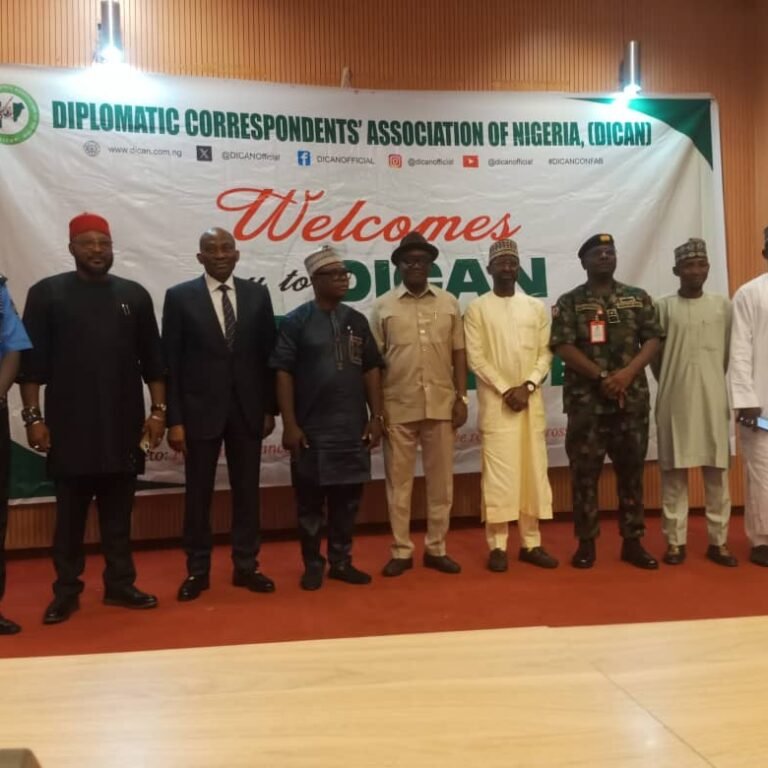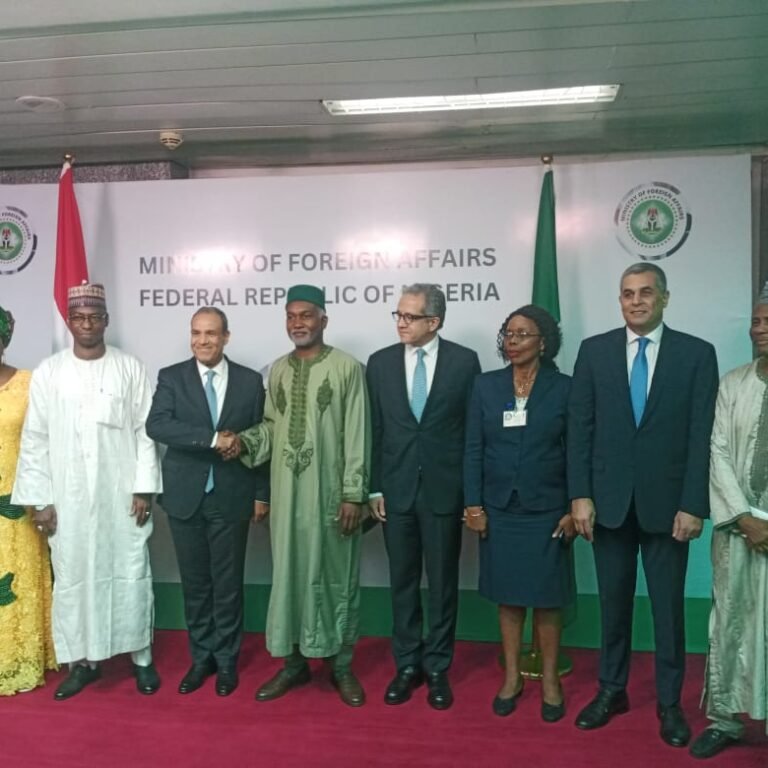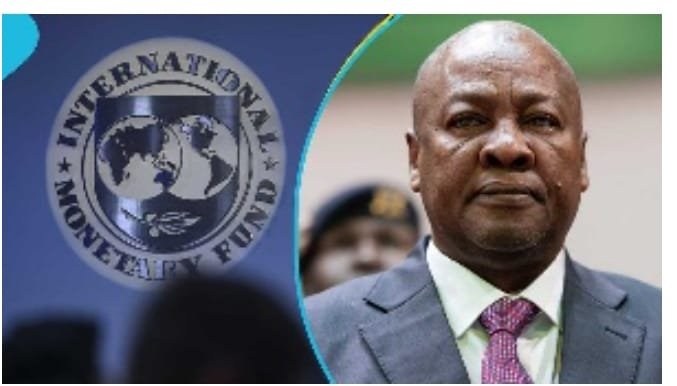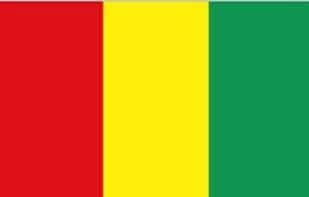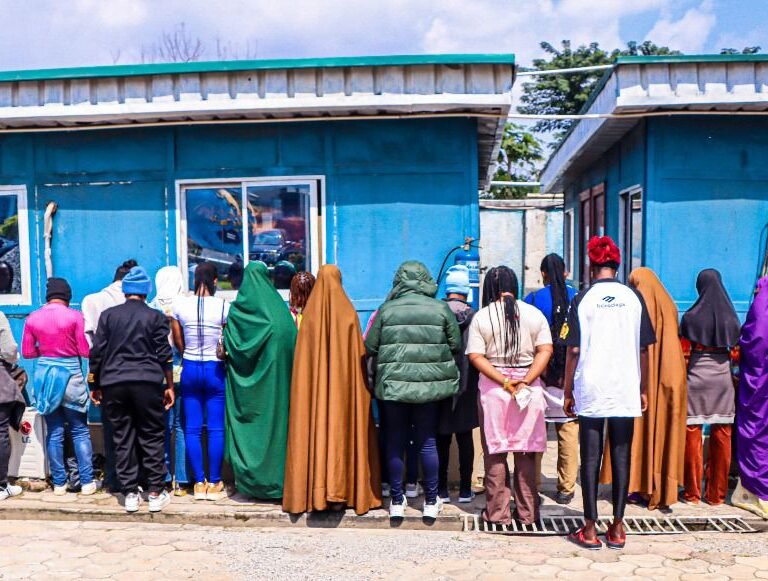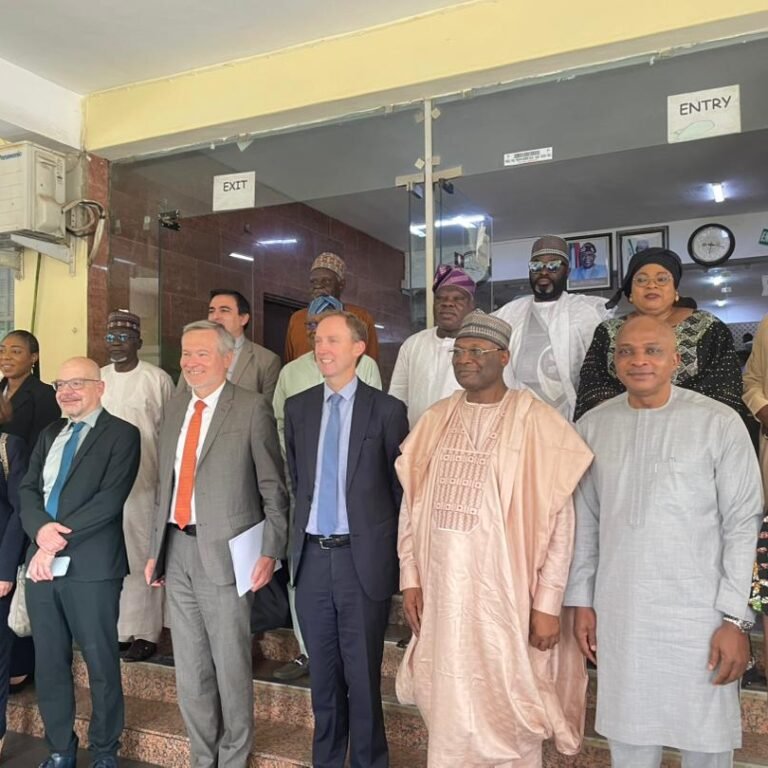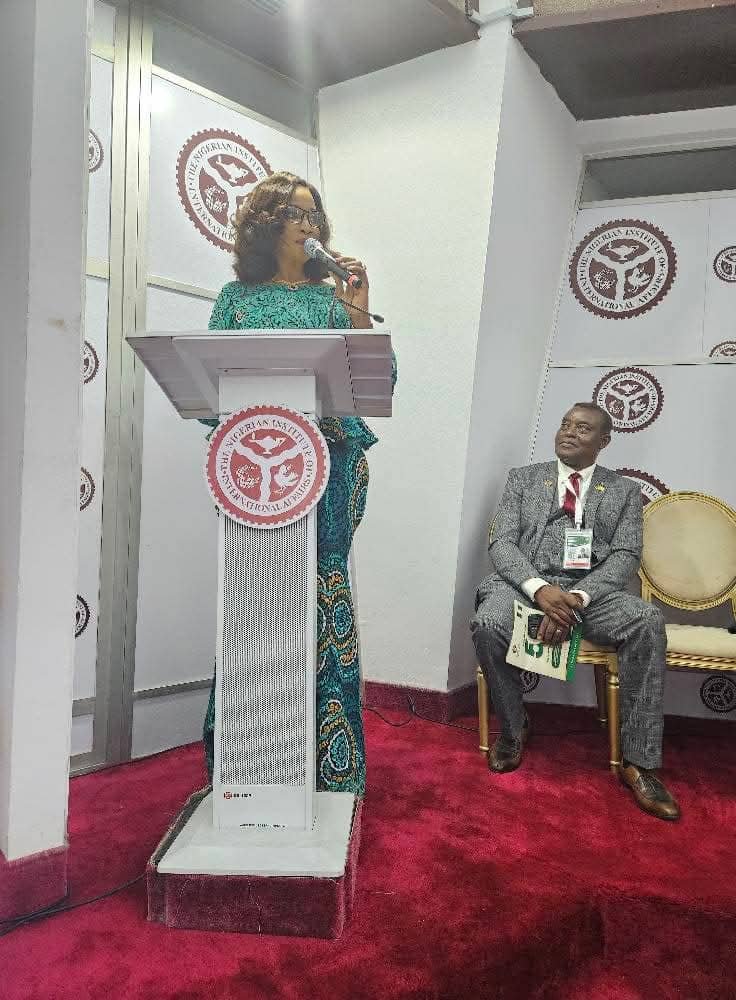
By Ihotu Uriel
LAGOS — As the Economic Community of West African States (ECOWAS) marks its 50th anniversary, key Nigerian statesmen and diplomats have predicted a brighter, more unified future for the regional body, despite recent setbacks.
At a high-level roundtable themed “ECOWAS, An African Model @ 50: Resilience and Future Prospects,” held at the Nigerian Institute of International Affairs (NIIA) in Lagos, Ambassador Bianca Odumegwu-Ojukwu, General Yakubu Gowon (rtd.), and Professor Bolaji Akinyemi expressed hope that the body would not only endure but emerge stronger in the face of regional challenges.
The event, chaired by Gowon Nigeria’s former Head of State and surviving founding father of ECOWAS featured keynote addresses and discussions from top continental figures, including ECOWAS Commission President Dr. Omar Alieu Touray, former ECOWAS Commission President Dr. Mohamed Ibn Chambas, former Guinean Prime Minister Lansana Kouyaté, and AU Commission Vice Chairperson Selma Malika Haddadi.
Renewed Commitment to Unity and Development
In her remarks, Ambassador Odumegwu-Ojukwu, Minister of State for Foreign Affairs, urged stakeholders to reaffirm their commitment to the founding ideals of ECOWAS unity, peace, and shared prosperity.
“This golden jubilee is a powerful reminder of how far we’ve come, and a call to recommit to the values that brought us together,” she said.
“Let us honour the legacy of our founding fathers, like General Gowon, and ensure that ECOWAS remains a symbol of African resilience and integration.”
She acknowledged the significant strides ECOWAS has made in peacekeeping, democratic governance, and regional economic integration, while also challenging participants to confront lingering issues such as political instability, economic inequality, and insecurity.
Call for Compassion Towards Departed States
In a stirring keynote address, Prof. Bolaji Akinyemi, former Minister of External Affairs, called for empathy and open doors for Burkina Faso, Mali, and Niger, the three Sahel countries that recently withdrew from ECOWAS to form the Alliance of Sahel States (AES).
“When they realise that their withdrawal has not brought stability, security, or prosperity, they will begin to reassess,” Akinyemi said.
“We must be ready to welcome them back with compassion, as General Gowon wisely advised. Regional integration is our only path forward.”
Akinyemi highlighted ECOWAS’s achievements in facilitating free movement, regional trade, and crisis resolution, stressing that unity remains the key to progress in West Africa.
ECOWAS President Unveils Vision for the Future
Dr. Omar Alieu Touray, President of the ECOWAS Commission, acknowledged the critical role of the three exited states in the region’s stability and development.
“Their absence presents a challenge, but we remain hopeful and committed to dialogue,” he said.
Touray outlined ECOWAS’s forward-looking agenda, including:
A proposed summit on the future of ECOWAS
Renewed focus on poverty reduction, regional security, and infrastructure development
Reinforcement of governance and accountability as central pillars of integration
“Peace, good governance, and infrastructure are the backbone of economic growth and intra-regional trade. We must get it right,” Touray emphasized.
International Community Commends ECOWAS
Representing the United Nations, Leonardo Santos Simão, Special Representative for West Africa and the Sahel, praised ECOWAS’s mature handling of the recent regional tensions.
“The decision to engage diplomatically with Bamako and other Sahel capitals demonstrated wisdom and tact,” he said.
“The United Nations stands with ECOWAS and looks forward to deepening our collaboration as the community enters its next chapter.”
As the curtain falls on the golden jubilee celebrations, participants agreed that ECOWAS must rise above current challenges and reclaim its role as a model for regional cooperation and African unity.


